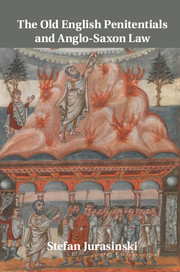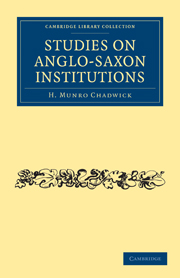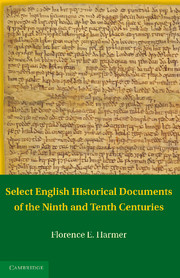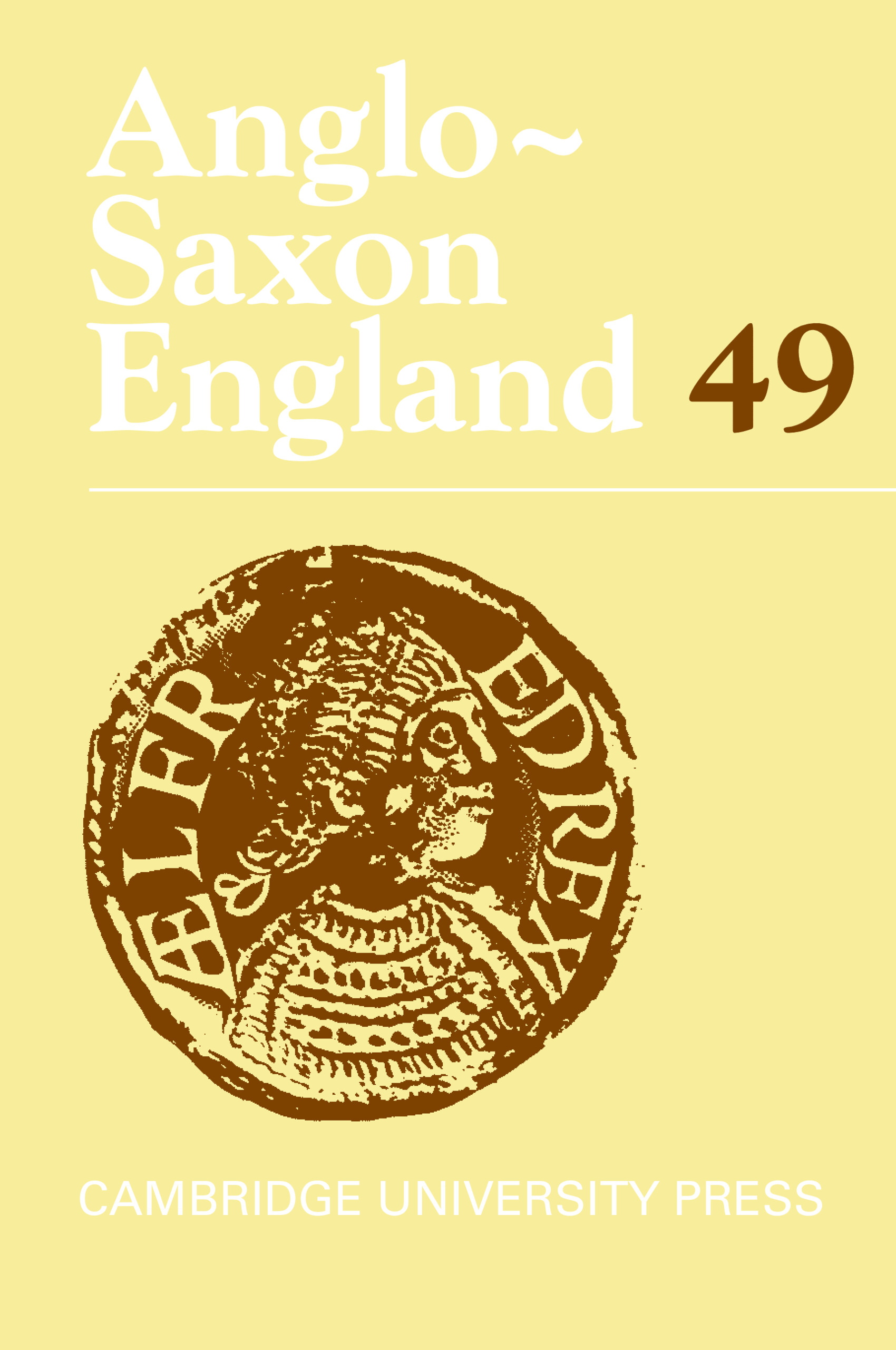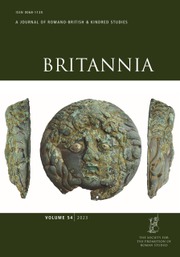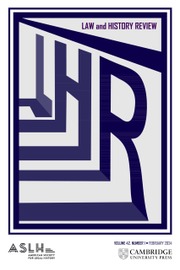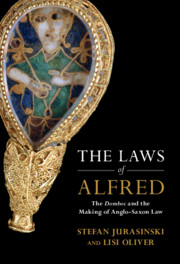The Old English Penitentials and Anglo-Saxon Law
Some of the earliest examples of medieval canon law are penitentials – texts enumerating the sins a confessor might encounter among laypeople or other clergy and suggesting means of reconciliation. Often they gave advice on matters of secular law as well, offering judgments on the proper way to contract a marriage or on the treatment of slaves. This book argues that their importance to more general legal-historical questions, long suspected by historians but rarely explored, is most evident in an important (and often misunderstood) subgroup of the penitentials: composed in Old English. Though based on Latin sources – principally those attributed to Theodore, Archbishop of Canterbury (d. 690) and Halitgar of Cambrai (d. 831) – these texts recast them into new ordinances meant to better suit the needs of English laypeople. The Old English penitentials thus witness to how one early medieval polity established a tradition of written vernacular law.
- The first book-length study of the Old English penitentials, some of the first such texts to be written in a European vernacular
- Offers new insights into important aspects of early English legal history, particularly with respect to the nature of marriage, the legal condition of slaves, and the early history of mens rea
- Considers anew the relationship between episcopal and royal power and the nature of the Anglo-Saxon clergy
Reviews & endorsements
"This stimulating and original book makes use of the Old English Penitentials to examine important aspects of Anglo-Saxon legal, social, and religious culture. The Old English Penitentials diverge significantly from their Latin sources, and the specific divergences may indicate ecclesiastical attitudes in Anglo-Saxon England. Particularly interesting are the book’s discussions of the laws of marriage and of slavery. The volume is a very welcome extension to the range of reading available to Anglo-Saxonists."
John Hudson, University of St Andrews
"Many people think Law sets life’s rules. But the same churchmen who wrote law codes for kings gave moral instructions to all Christians. The Old English Penitentials told people what they must pay for their sins. Stefan Jurasinski intelligently re-inserts these penances into the conversation on Anglo-Saxon law to make it a single discourse again."
Paul Hyams, Cornell University, New York
Product details
May 2015Hardback
9781107083417
247 pages
235 × 159 × 19 mm
0.49kg
3 b/w illus. 3 tables
Available
Table of Contents
- 1. The Old English penitentials and their reception
- 2. Legal change, vernacular penitentials, and the chronology of Old English prose
- 3. The law of the estate: bishops, masters, and slaves
- 4. The law of the household: marriage and sexuality
- 5. Caring for the body: law, penitentials, and English 'sick-maintenance'
- 6. Caring for the mind: pollution and mental liability
- Conclusion: vernacular penitentials and secular lawmaking.

